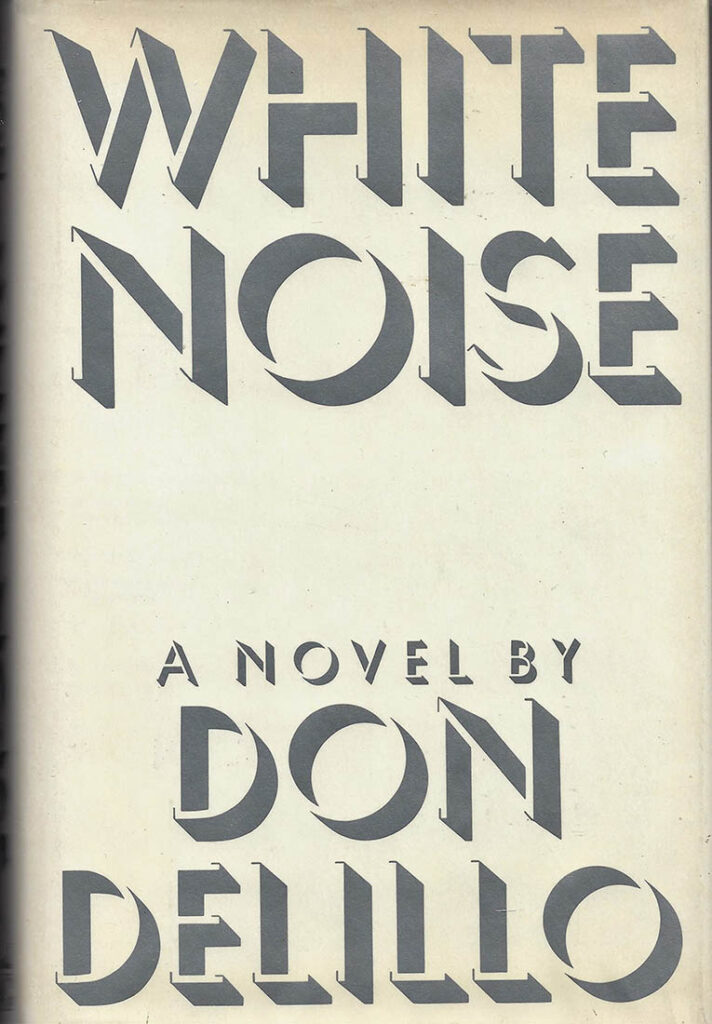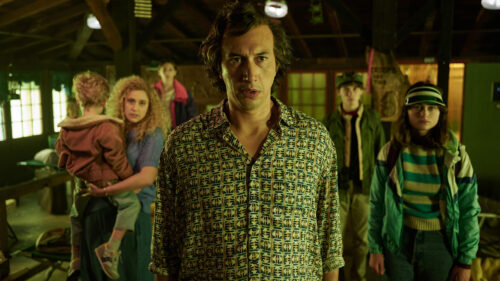

Adapted from Don DeLillo’s novel of the same name, a manifesto of post-modern literature, the film tells the story of a present-day American family dealing with life, death, the pursuit of happin
Don DeLillo is an author loved by cultural geographers. His descriptions of cities are literary masterpieces. DeLillo was born in the Bronx, and his city is New York. To the question: “How do you know all these things?” he once famously replied: “I’m from New York.”
“The heat of food and sex. The heat of tall buildings. The heat that flows out of the subways and tunnels […] The buses breathe heat.”
DeLillo’s irony is of the refined kind, and it needs careful reading, as is his reflection on the power of mass media with a fourteen-year-old boy saying “It’s going to rain tonight.” “It’s raining now,” commented his father. “The radio said tonight.” Great comedic effect is also in the German language classes that the protagonist of White Noise, a university professor and director of the Hitler studies department, takes. “Then the warping began. It was an eerie thing to see, shamefully fascinating, as a seizure might be if witnessed in a controlled environment. He tucked his head into his trunk, narrowed his eyes, made grimacing humanoid faces.” or as police investigate on a crime and asked for the help of a psychic – the psychic did find corpses and stolen goods, but pertaining to a different case. Concludes DeLillo: “The mystery deepens.”
Death wouldn’t escape irony, either: “a hollow-eyed technician from the plague era, from the era of inquisitions, endless wars, of bedlams and leprosariums” and the suspicion is that his physician keeps so close to him due to morbid curiosity.
The book has an open end, all it wanted to do was to describe a life devoted to consumerism, supermarkets, television, drugs, non-families… When it came out, in the 1980s, it was scandalous. Today, the toxic cloud that may encompass everything doesn’t scare us anymore. It’s almost a daily occurrence.